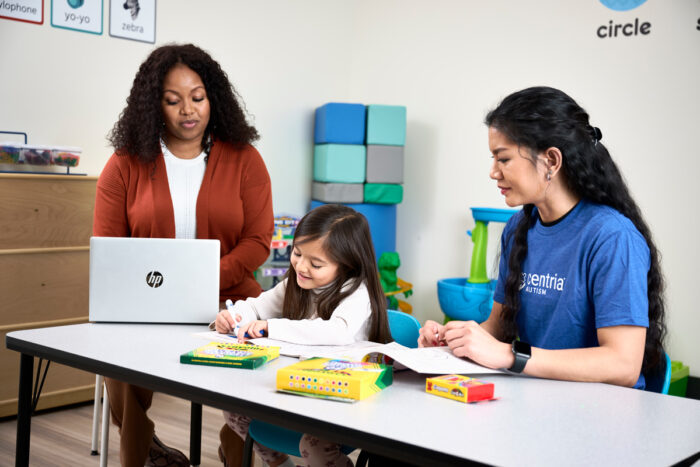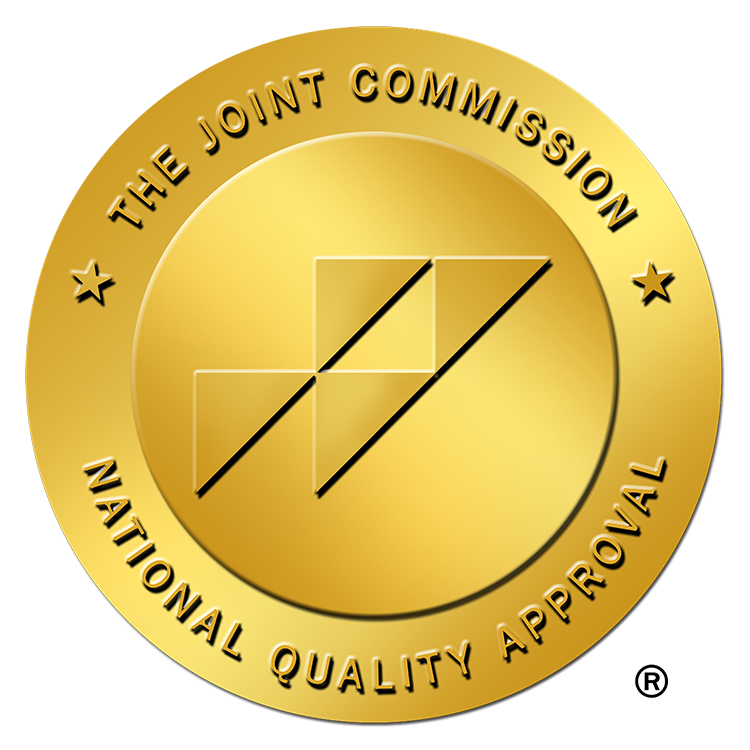Every Behavior Technician (BT) providing Applied Behavior Analysis (ABA) services to individuals with autism, receive ongoing guidance and supervision by a Board Certified Behavior Analyst (BCBA).
But what does your BCBA actually do during supervision—and how does it help you in your role?
BCBA supervision isn’t just a one size fits all, box to check. It’s an ongoing process that builds your skills, ensures ethical practice, and improves outcomes for clients.
Who is a BCBA, and What is Supervision?
A BCBA is a professional certification by the Behavior Analyst Certification Board (BACB). Supervising BCBAs are trained to design ABA programs, oversee their implementation, and guide the BTs who carry them out.
Supervision is an ongoing process where your BCBA provides training, feedback, and oversight. Its main goals are to:
- Ensure programs are delivered with fidelity
- Protect client safety and dignity
- Support your growth and professional development
What Does a BCBA Do During Supervision?
Training and Skill Building
Your BCBA teaches you the tools of ABA, such as prompting and reinforcement, data collection
methods, and behavior intervention procedures. This may involve modeling in-session, role-play, or step-by-step coaching.
Providing Feedback
Feedback is a cornerstone of supervision. Your BCBA observes your sessions, offers guidance,
highlights strengths, and suggests improvements. It’s meant to support your growth.
Monitoring Program Fidelity
Your BCBA ensures treatment plans are implemented as designed by reviewing data, checking
accuracy, and adjusting protocols if needed.
Ethical and Professional Oversight
They guide you in handling tricky situations, maintaining confidentiality, and ensuring services remain ethical and professional.
Client Progress and Collaboration
Supervision often includes reviewing progress data, discussing challenges, and brainstorming solutions together.
What to Expect During Supervision
Supervision sessions can include direct observation, in-the-moment feedback, professional development discussions, and skill assessments.
How to Get the Most Out of Supervision
- Engage with the process: Ask questions and reflect.
- Be open to feedback: View it as support, not criticism. We are all working together as a treatment team.
- Set personal goals: Share what skills you’d like to strengthen.
- Apply what you learn: Show your progress at the next session.
Why Supervision Matters
- For clients: Ensures high-quality, individualized care.
- For BTs: Builds confidence, skills, and professional growth.
- For the ABA field: Maintains ethical, evidence-based standards.
Supervision is more than a requirement—it’s an opportunity. Your BCBA isn’t just checking your work; they’re mentoring, coaching, and helping you succeed. By showing up curious, open, and willing to learn, you’ll grow as a technician while making a real difference in the lives of your clients.
Helpful Resources for BTs
- BACB Ethics Code for RBTs: https://www.bacb.com/ethics/
- RBT Task List & Supervision Resources: https://www.bacb.com/rbt/
About the Author
As the Director of Clinical Services for Centria’s New Mexico Home, Salwa Farag, a Board Certified Behavior Analyst, is driven by a commitment to the people she leads and the clients they serve. Having spent close to 15 years in the ABA field (and nearly 8 of those with Centria!), she is a firm believer in the power of strong clinical leadership and effective team-building. She writes to share a simple, yet essential, truth: that quality ABA is always possible when you have the right solutions and the right people.






